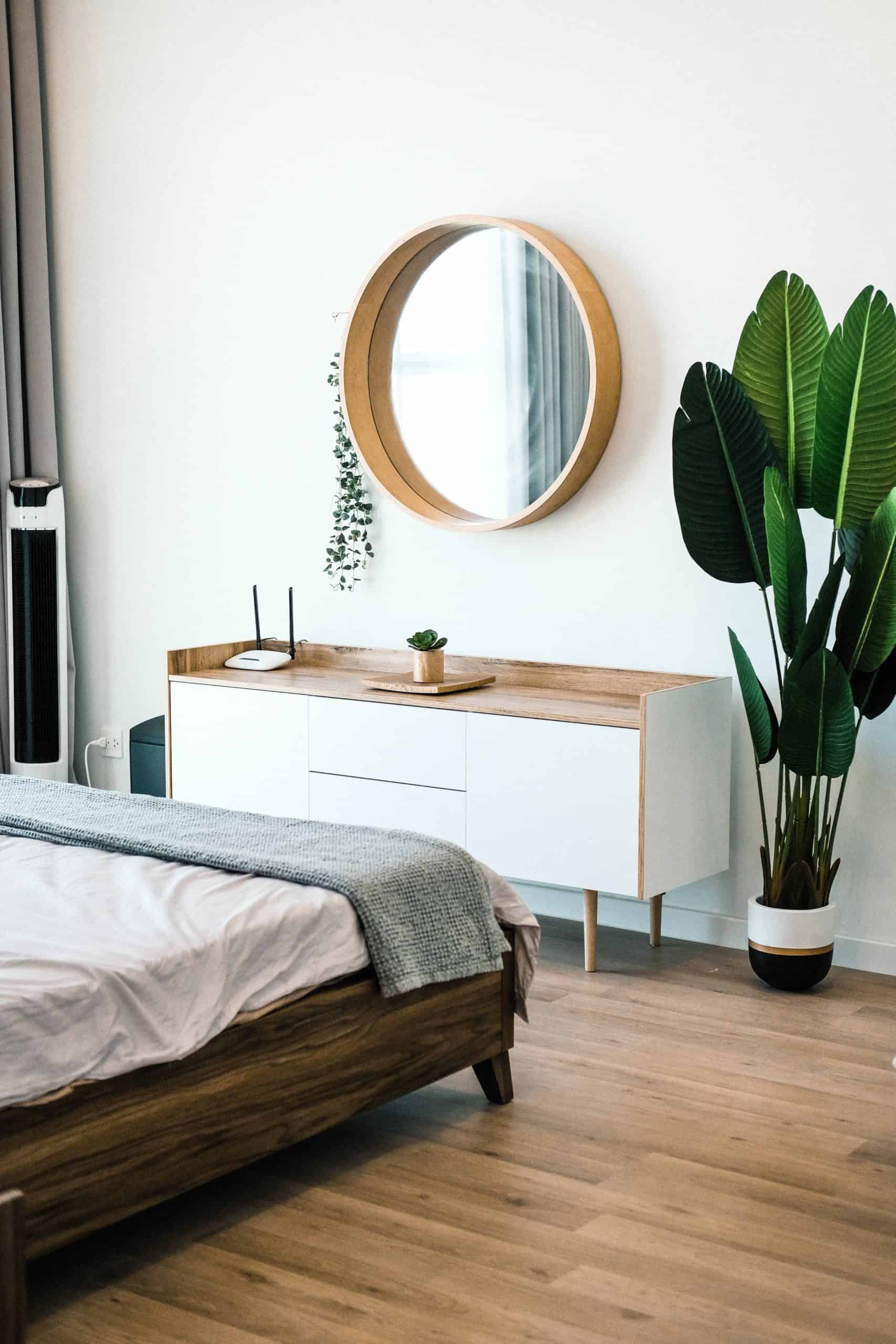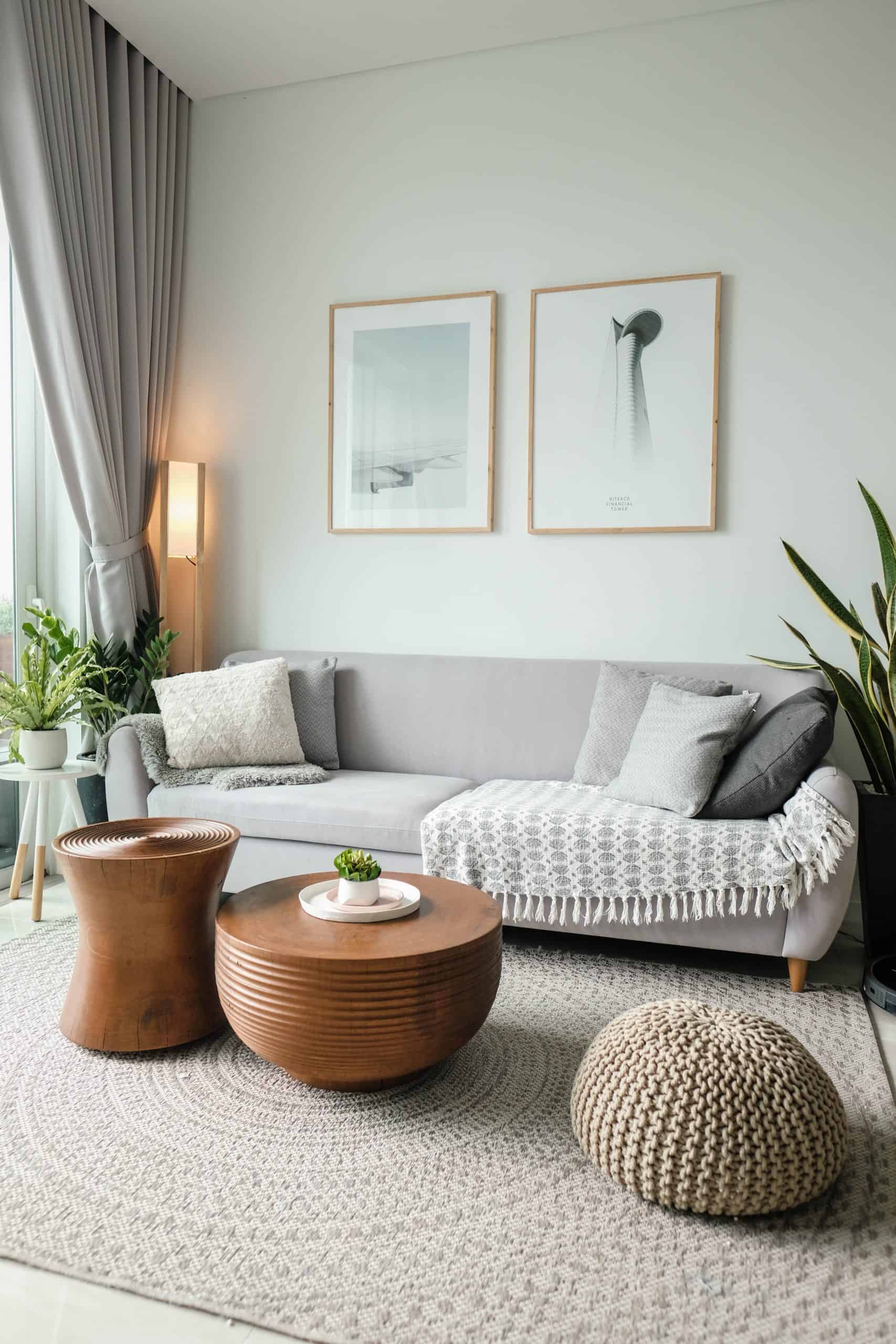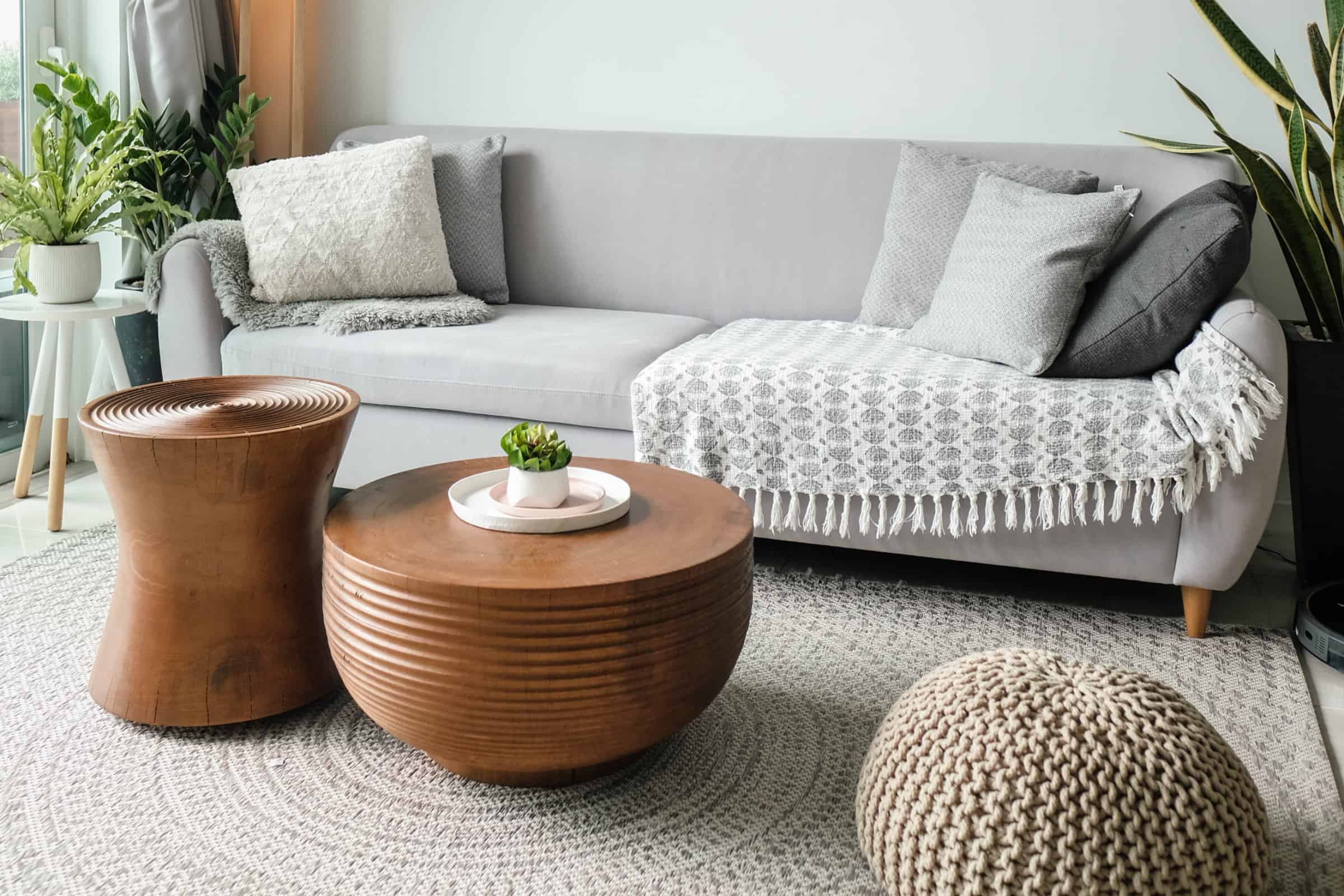Our homes are far more than just four walls and a roof over our heads. They are well-loved road maps, filled with routes that we can navigate with our eyes closed. These routes are actually called circulations. If you’re feeling unsatisfied with your abode but don’t know where to begin, start by considering your circulations. Little shifts in space planning and organizing can dramatically improve your home’s functionality. Luckily, you don’t need a design degree to smooth out bumps in your house’s circulations. Here are 3 easy steps you can take to improve the flow of your home.
Recognize Your Existing Circulations

Start this process by being mindful of how you live. It really is as simple as it sounds! Think of reoccurring paths you travel within your home, how often you take them and what you’re doing when you pass through. For example, examine established routines like what you do when you wake up, when you’re leaving or returning home, and when you’re getting ready for bed.
Morning Routine
Watch how you move through the beginning of your day. Do you make coffee before you hop in the shower? Most mornings look the same, so be present during this time and notice how you start your days.
Leaving or Returning Home
This is often a chaotic time, like you can’t find your keys or your arms are full of grocery bags and one is breaking. Keep an eye out for inefficiencies that happen over and over or, conversely, what helped you save time on your way out the door.
Evening Routine
How do you unwind? Do you immediately turn on Netflix? Do you indulge in some quiet time to slow your mind? Take inventory of where you sit and where you put your feet. When examining these patterns, avoid adjusting your everyday life by bringing home new furniture or taking up a new hobby.
Create New Routines
Once you’re aware of your natural circulations, you can make small adjustments to improve your routines. This would be a great time to go after any self-improvement goals, like waking up earlier to sneak in a workout or make a balanced breakfast. Consistency is key when developing new routines, so stick with it until it feels natural. In the meantime, keep an eye on your circulations and be mindful of anything that feels disorganized.

Adjust Your Environment
Now that you’re comfortable with your new routines and know how you flow through your home, lean into it. Adjusting your environment doesn’t have to mean calling a contractor and ripping out walls. It’s best to think small first, then if there isn’t a suitable solution, think big.
Kitchen Storage
It’s common to unpack your kitchen when you move in, put everything away and never visit the placement again. Knowing how you use your kitchen, do your cabinets’ and drawers’ contents make sense? Do you prefer this space to be grouped by items or tasks? Little organizational adjustments can make a big impact.
Living Room Arrangement
Arranging your living room to support how you actually use it as opposed to adjusting your behavior to your space will leave you feeling accomplished (trust me). Do you sit in one spot with your morning coffee but read a few chapters in the evening elsewhere? How does the light in the room support you? It’s crucial to trust the process and not be afraid to make a mess in the meantime.
Overall, just be present as you flow through your everyday life, noting what works and what doesn’t. Once you’ve become comfortable in your new ways, don’t be afraid to refresh your space. It’s amazing the impact these simple tactics will have on your home and, ultimately, your life.


